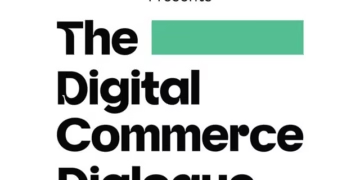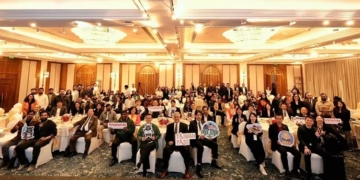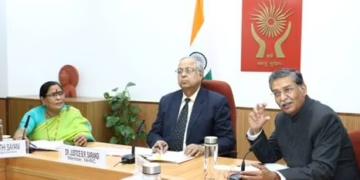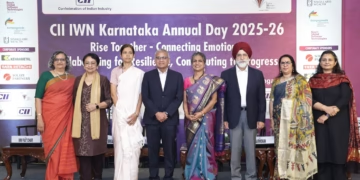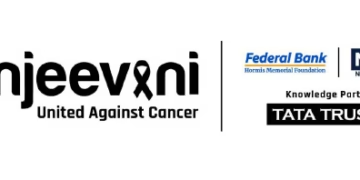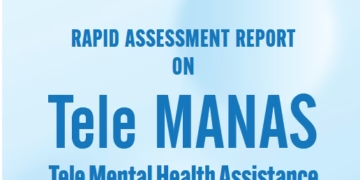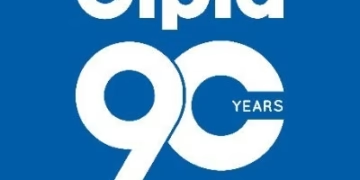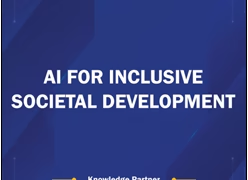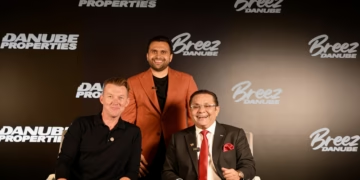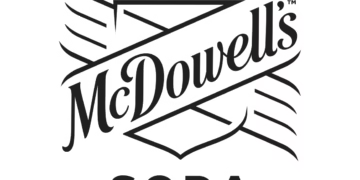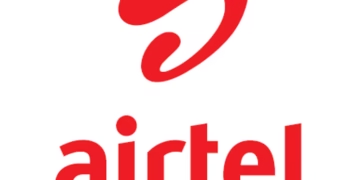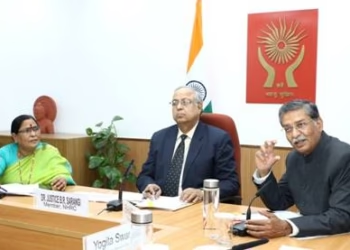June 23, 2025-
Today, the Federal Trade Commission took action to resolve antitrust concerns related to Omnicom Group Inc.’s $13.5 billion acquisition of The Interpublic Group of Companies, Inc. (IPG).
The FTC accepted a proposed consent order that will prevent potential anticompetitive coordination by Omnicom, a global advertising agency that facilitates media buying by representing advertisers in negotiations with media publishers over conditions such as pricing, ad placement, and sponsorships, as well as helping execute advertisers’ ad campaigns.
Omnicom and IPG are the third- and fourth-largest media buying advertising agencies in the U.S. Combined, they will be the world’s largest media buying advertising agency. The proposed order imposes restrictions that prevent Omnicom from engaging in collusion or coordination to direct advertising away from media publishers based on the publishers’ political or ideological viewpoints.
“Websites and other publications that rely on advertising are critical to the flow of our nation’s commerce and communication,” said Daniel Guarnera, Director of the FTC’s Bureau of Competition. “Coordination among advertising agencies to suppress advertising spending on publications with disfavored political or ideological viewpoints threatens to distort not only competition between ad agencies, but also public discussion and debate. The FTC’s action today prevents unlawful coordination that targets specific political or ideological viewpoints while preserving individual advertisers’ ability to choose where their ads are placed. I thank the FTC staff for their thorough investigation of this merger.”
The proposed consent order resolves an FTC complaint alleging that Omnicom’s acquisition of IPG threatens to further consolidate the U.S. media buying services market. Further consolidation risks eroding competition by increasing the risk of media buying coordination among the remaining advertising agencies, which have a history of engaging in coordination.
The FTC’s complaint alleges that advertising agencies have coordinated—including through industry associations—on decisions not to advertise on certain websites and applications. Coordination among advertising firms may reduce ad revenues for particular media publishers, forcing those publishers to reduce the amount of content they can offer to their own consumers and their investment in their sites.
The terms of the FTC’s proposed consent order include a series of provisions that would eliminate Omnicom’s ability to deny advertising dollars to media publishers based on their political or ideological viewpoint, except at the express and individualized direction of Omnicom’s advertiser customers.
The Commission vote to issue the complaint and accept the consent agreement for public comment was 2-0-1, with Commissioner Mark R. Meador recused. Chairman Andrew N. Ferguson issued a statement.
The public will have 30 days to submit comments on the proposed consent agreement package. Instructions for filing comments appear on the docket. Once processed, they will be posted on Regulations.gov.
NOTE: The Commission issues an administrative complaint when it has “reason to believe” that the law has been or is being violated, and it appears to the Commission that a proceeding is in the public interest. When the Commission issues a consent order on a final basis, it carries the force of law with respect to future actions.



